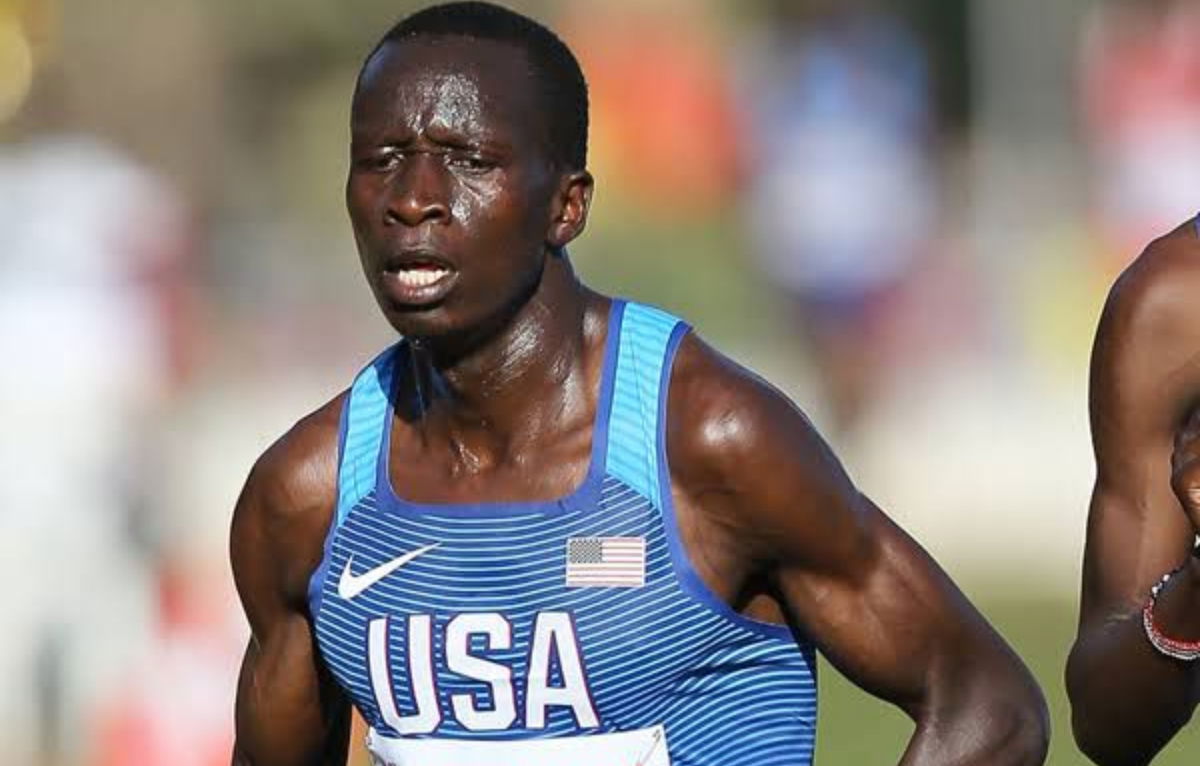

After four months of uncertainty since the Olympic Marathon Trials in February, Leonard Korir can finally dive into his training regimen with a sense of certainty, knowing that he’s secured his spot in Paris now. Back in February, placing third at the trials had left him hanging, unsure if he would be donning the USA’s national colors at the Olympics. However, on June 6th, World Athletics delivered the news: Korir would indeed be reallocated to the third U.S. spot. Interestingly, this situation isn’t entirely unfamiliar in track and field, reminiscent of a similar occurrence back in 2012, where athletes’ participation was confirmed post-trials.
Watch What’s Trending Now!
World Athletics allowed for the addition of four spots based on world rankings, one of which was designated for the United States. Furthermore, a universality spot was granted to Mongolia, a customary allocation across various Olympic sports. The qualifying procedures established by World Athletics offer various avenues for securing a spot, including meeting specific time benchmarks, attaining a high ranking in their points system, or excelling in top-tier marathons.
Good news for your day!
U.S. Olympic Marathon Trials third place finisher Leonard Korir will run at the Paris Olympics. 🇺🇸🔜🇫🇷https://t.co/l9TVKdmtxz
— Chris Chavez (@ChrisChavez) June 6, 2024
ADVERTISEMENT
Korir had clinched third place in the trials under 2:11:30 within the qualifying period, he became eligible for selection. This marks Korir’s second appearance at the Olympics. He previously competed for the United States in the 10,000m event during the 2016 Summer Games held in Rio de Janeiro. He finished fourth in the U.S. Olympic Marathon Trials in 2020, he narrowly missed securing a spot on the Tokyo team by a mere three seconds.
Korir, alongside other athletes, adeptly navigated these criteria, all striving for the prestigious opportunity to compete in the Olympic Marathon, which he successfully secured. Interestingly, the last instance of such a qualification process occurred 12 years ago when athletes were selected after trials.
ADVERTISEMENT
The neck-and-neck drama unfolded at U.S. Olympic trials in 2012
During the 2012 U.S. Olympic Trials in the women’s 100 meters, a similar occurrence unfolded as Jeneba Tarmoh and Allyson Felix both crossed the finish line in exactly 11.068 seconds, resulting in a rare dead heat for third place. This unforeseen situation presented a challenge for USA Track and Field, as there was no established protocol for resolving such ties. Initially, options such as a runoff, a coin flip, or one athlete conceding the spot were considered. However, the lack of clarity and the athletes’ differing opinions on how to settle the tie prolonged the uncertainty. Ultimately, Tarmoh, who initially believed she had earned the spot, made the difficult decision to withdraw from contention.
Her decision not to participate in the runoff, despite earlier indications, highlighted the lack of clarity and protocol in handling such situations within the USA Track and Field organization. While disappointment loomed over the missed opportunity for a decisive race, Allyson Felix emerged as the beneficiary, earning her ticket to both the 100m and 200m events at the London Olympics. Yet, the controversy underscored broader issues within the sport, raising questions about fairness, transparency, and the need for clearer guidelines in similar scenarios in the future.
ADVERTISEMENT
ADVERTISEMENT
ADVERTISEMENT
ADVERTISEMENT

